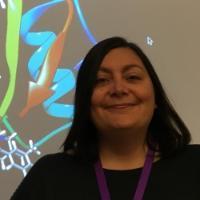
Associate Professor in Biophysical Chemistry
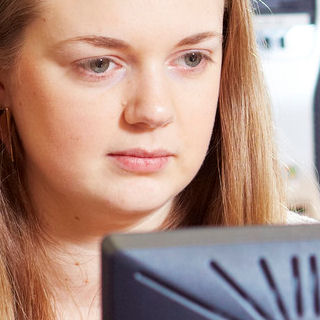
The School of Chemistry and Biosciences has built a strong team of dynamic and ambitious researchers using high-power and large-scale computational methods. Together, these researchers provide an impressive range of computational expertise across both chemistry and the biosciences.
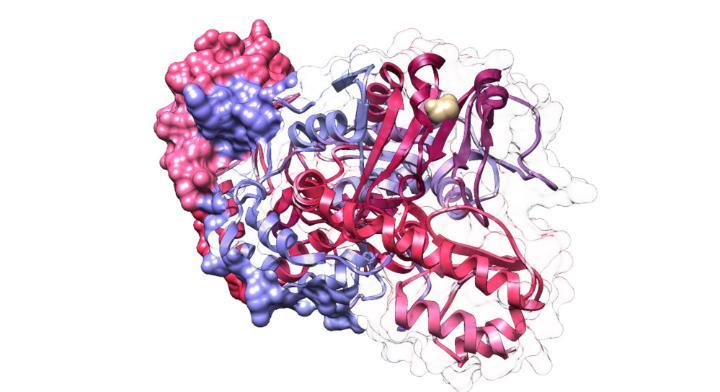
A protein structure modelled by our computational chemists.
The Computational Chemistry and Bioinformatics collective brings together scientists from each of the other clusters within the School of Chemistry and Bioscisnce, which not only presents a team with incredibly diverse backgrounds, but also a significant amount of expertise in using computational and mathematical methods to investigate complex chemical and biological systems.
This research supergroup is interested in multidisciplinary projects spanning the other research areas within the school, where experimental colleagues need deeper insight into reaction mechanisms and properties of chemical and biological systems. Each member of the group has substantial experience using supercomputers to perform large-scale calculations and we have received many awards to access national and international high performance computer (HPC) clusters.
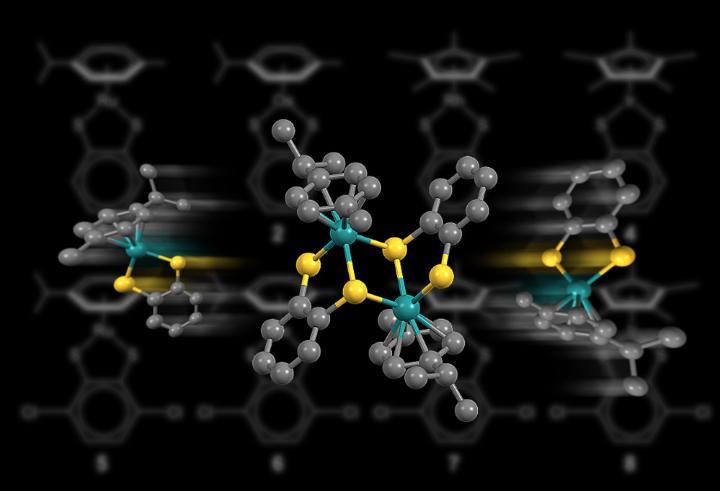
The research teams within our computational Chemistry and Bioinformatics cluster have developed an exciting, unique computational Masters programme specifically for those students looking for postgraduate courses that will teach them cutting edge techniques in computational chemistry and biology.
If you are interested in postgraduate (PG) study, be that a place on one of our taught courses or a PhD position within the faculty, and would like to discuss elelments of the course or project please don't hesitate to contact us. At PG level, research projects are very important, and we are keen that students get involved with designing their projects.
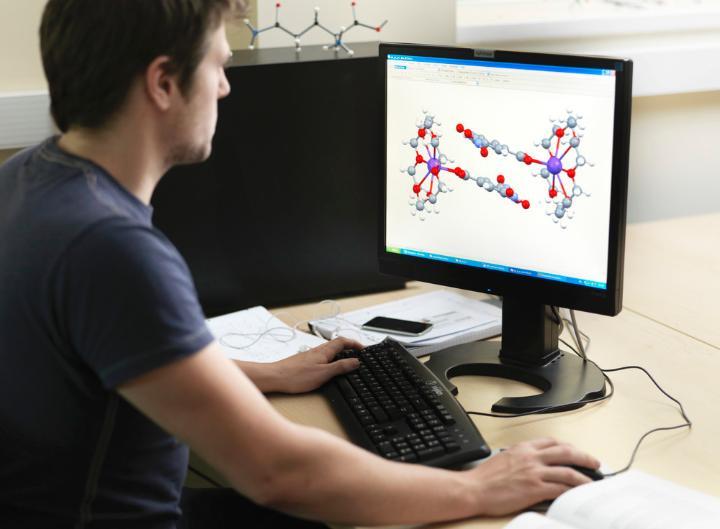

Associate Professor in Biophysical Chemistry

Associate Professor in Computational Biology
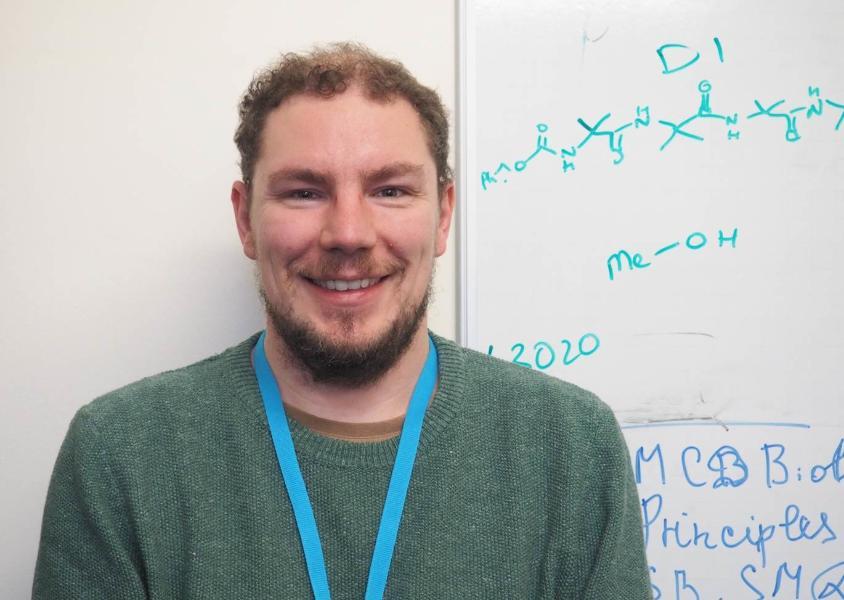
Assistant Professor in Theoretical and Computational Chemistry

Professor in Bioinformatics

Lecturer in Theoretical and Computational Chemistry

Associate Professor in Crystal Engineering